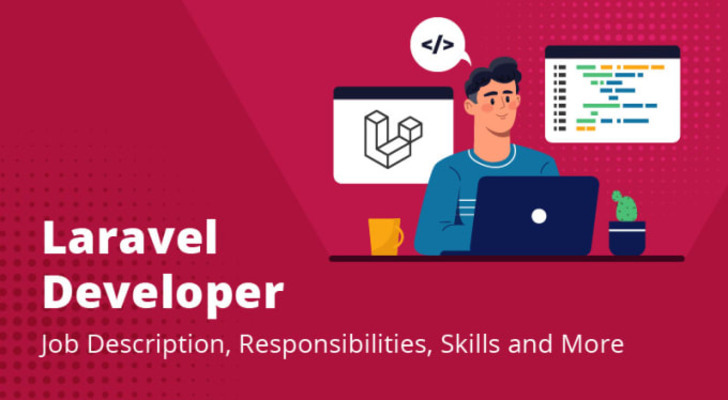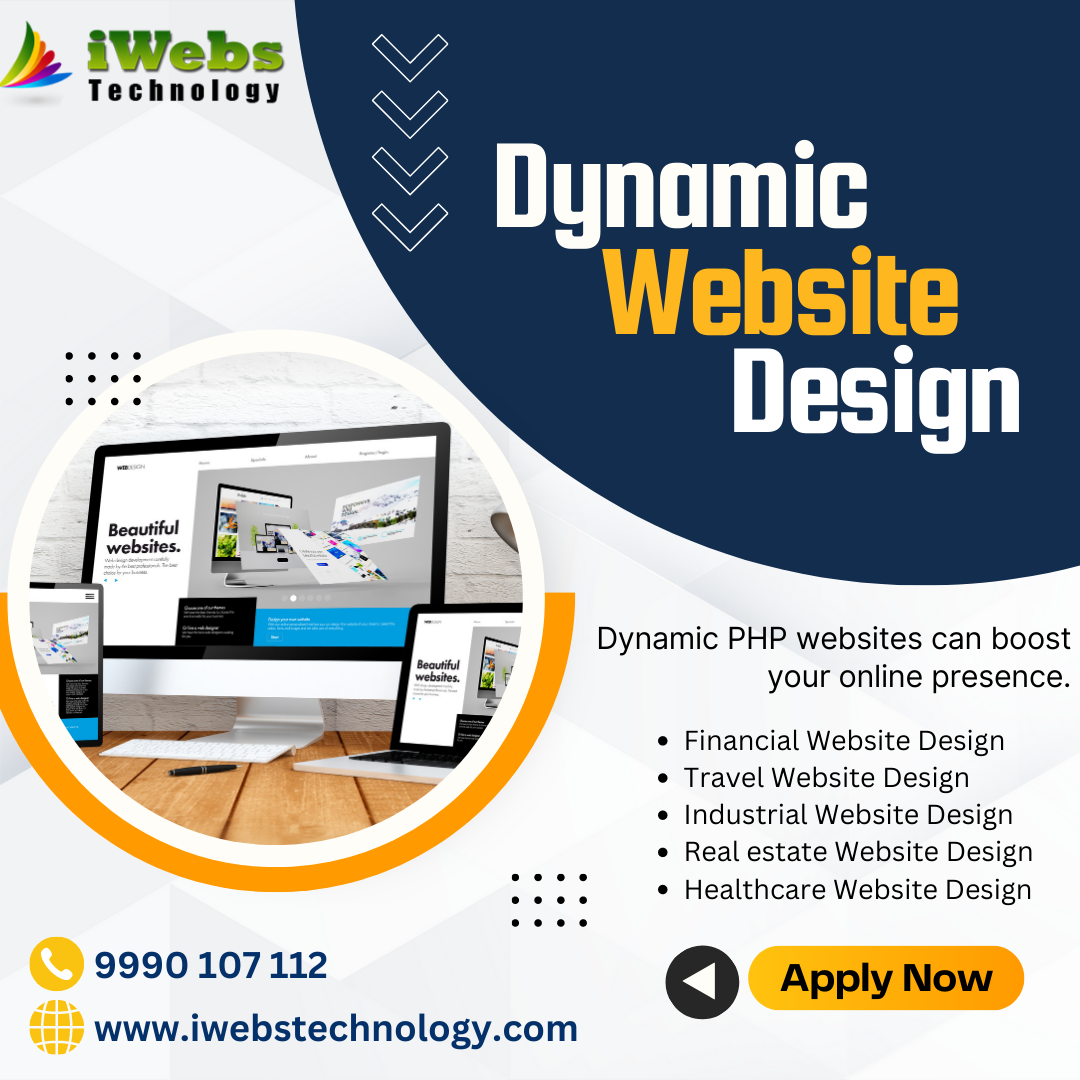Laravel Ecommerce

Laravel, a PHP web application framework, has gained widespread popularity for its elegant syntax, robust features, and developer-friendly environment. Leveraging the power of Laravel for ecommerce development allows businesses to create dynamic and feature-rich online stores. Let's delve into the key features, benefits, and considerations of using Laravel for ecommerce.
Key Features of Laravel Ecommerce:
-
MVC Architecture: Laravel follows the Model-View-Controller (MVC) architectural pattern, providing a structured and organized approach to building ecommerce applications. This promotes modularity and maintainability.
-
Eloquent ORM: Laravel's Eloquent ORM (Object-Relational Mapping) simplifies database interactions, allowing developers to work with databases using PHP syntax. This feature streamlines the handling of data models in ecommerce applications.
-
Blade Templating Engine: Laravel uses the Blade templating engine, offering a clean and intuitive syntax for creating dynamic views. Blade templates enhance the frontend development experience, making it easier to build engaging and responsive user interfaces.
-
Artisan CLI: Laravel comes with the Artisan command-line interface, enabling developers to perform various tasks, such as database migrations, testing, and code generation, with simple commands. This boosts productivity during ecommerce development.
-
Middleware and Authentication: Laravel provides middleware for handling HTTP requests, allowing developers to customize the request-response cycle. Additionally, built-in authentication features simplify user management and security implementation for ecommerce platforms.
-
Laravel Mix for Asset Compilation: Laravel Mix simplifies asset compilation and management, making it seamless to integrate CSS, JavaScript, and other assets into ecommerce websites. This contributes to a streamlined and efficient development process.
-
Task Scheduling and Queues: Laravel's task scheduling and queue management capabilities enhance the performance and responsiveness of ecommerce websites. This is particularly beneficial for handling background tasks, ensuring smooth order processing and system operations.
Benefits of Laravel Ecommerce:
-
Developer-Friendly Environment: Laravel is renowned for its clean and expressive syntax, providing a pleasant development experience for developers. This contributes to faster and more efficient ecommerce development.
-
Modular and Scalable: Laravel's modular structure and adherence to best practices make it highly scalable. Ecommerce websites can easily adapt to growing product catalogs, increased traffic, and evolving business requirements.
-
Security Features: Laravel prioritizes security with features like hashed password storage, SQL injection prevention, and cross-site request forgery (CSRF) protection. This ensures a secure environment for ecommerce transactions and user data.
-
Community and Documentation: Laravel has a vibrant community of developers who contribute to forums, documentation, and packages. The extensive documentation and community support make it easier for developers to troubleshoot issues and stay updated on best practices.
-
Integration Capabilities: Laravel seamlessly integrates with various third-party tools, libraries, and APIs, facilitating the incorporation of additional functionalities such as payment gateways, shipping services, and analytics into ecommerce platforms.
Considerations When Using Laravel for Ecommerce:
-
Learning Curve: Developers new to Laravel may experience a learning curve. However, the comprehensive documentation and active community support make it easier for developers to adapt and grow their skills.
-
Hosting Requirements: Laravel applications may have specific hosting requirements, including compatibility with PHP versions and support for database systems. Businesses should choose hosting providers that meet these requirements.
-
Ongoing Maintenance: Regular updates and maintenance are essential to keep Laravel applications secure and optimized. Staying informed about the latest releases and security patches is crucial for long-term success.


